Minirin
✅ Controls bedwetting
✅ Treats diabetes insipidus
✅ Manages excessive thirst
✅ Reduces urination frequency
✅ Prevents dehydration
Minirin contains Desmopressin.
Product Overview
Minirin is a pharmaceutical preparation containing Desmopressin as its active component. This synthetic analogue of vasopressin (a naturally occurring antidiuretic hormone) is formulated in multiple delivery systems including oral tablets, nasal spray, and injectable solutions. Clinically indicated for managing diabetes insipidus, nocturnal enuresis (bedwetting), and von Willebrand disease, Minirin exerts its therapeutic effects by enhancing renal water reabsorption, thereby decreasing urinary volume while increasing urine osmolality.
Therapeutic Applications
This medication is primarily employed in the treatment of central diabetes insipidus – a rare endocrine disorder manifesting as polyuria and polydipsia resulting from vasopressin deficiency. Additionally, it serves as an effective therapeutic option for nocturnal enuresis management in pediatric and adult populations. Minirin also finds application in hematology for controlling bleeding episodes in von Willebrand disease patients by correcting the qualitative or quantitative defects in von Willebrand factor.
Administration Guidelines
The appropriate route and regimen of Minirin administration are determined by both the pharmaceutical formulation and the specific clinical indication. Oral tablets for diabetes insipidus are typically prescribed for once or twice daily intake. The intranasal formulation is specifically indicated for nocturnal enuresis treatment, with recommended administration prior to sleep. In hematological applications, parenteral administration (subcutaneous or intravenous) may be employed. Strict adherence to the prescribing physician’s instructions regarding dosage and administration schedule is imperative.
Mechanism of Action
Desmopressin, the pharmacologically active moiety of Minirin, functions as a selective vasopressin receptor agonist in renal collecting ducts. This action stimulates aquaporin-2 channel insertion into apical membranes, facilitating water reabsorption. The resultant antidiuretic effect manifests as decreased urine volume with increased urinary concentration. In diabetes insipidus management, it effectively compensates for endogenous vasopressin deficiency, thereby ameliorating pathological polyuria and secondary polydipsia.
Dosage Protocol
Minirin dosing requires careful individualization based on patient-specific parameters including age, body mass, and clinical indication. Healthcare providers determine the optimal therapeutic regimen after comprehensive evaluation. Patients must strictly observe prescribed dosing intervals and quantities, as inappropriate dose escalation may precipitate adverse effects. In instances of missed doses, the medication should be taken upon recollection unless proximate to the next scheduled administration, in which case the missed dose should be omitted.
Therapeutic Advantages
Clinical utilization of Minirin provides multiple therapeutic benefits across its approved indications. For diabetes insipidus patients, it effectively normalizes urinary output and thirst perception. In nocturnal enuresis management, it significantly reduces nighttime incontinence episodes, thereby improving patients’ quality of life and psychological wellbeing. The medication’s hemostatic properties in von Willebrand disease facilitate surgical hemostasis and reduce bleeding complications.
Adverse Effects Profile
The most frequently reported treatment-emergent adverse reactions include cephalalgia, gastrointestinal discomfort (nausea, abdominal pain), and nasal mucosal irritation (with intranasal administration). While typically transient and mild in nature, persistent or worsening symptoms warrant medical consultation. Rare but potentially serious complications may include hyponatremia, fluid overload, or hypersensitivity reactions, requiring immediate medical intervention if suspected.
Precautions and Contraindications
Prior to Minirin initiation, comprehensive medical evaluation is mandatory, with particular attention to renal function, cardiovascular status, and concomitant medications. Patients must disclose all pharmacological agents (including nutraceuticals and OTC preparations) due to potential drug interactions. Fluid intake should be carefully regulated during therapy to prevent water intoxication and electrolyte disturbances. Special caution is advised in populations with increased susceptibility to hyponatremia.
Storage Requirements
Proper storage conditions vary by formulation: tablets require protection from humidity and excessive heat at room temperature; nasal spray formulations should be maintained in an upright position at ambient temperature; injectable preparations necessitate refrigeration (2-8°C) without freezing. All medications must be stored securely, inaccessible to children and pets. Disposal should comply with local pharmaceutical waste regulations.
Medical Disclaimer
The information provided herein represents carefully curated, evidence-based medical content intended for educational purposes only. This content neither substitutes for professional medical advice nor encompasses all potential adverse effects, contraindications, or drug interactions. Patients must consult qualified healthcare providers for personalized medical guidance regarding therapeutic decisions. Our objective is to facilitate informed patient-physician dialogue, not to replace clinical judgment.
| Strength | 0.1 mg |
|---|---|
| Quantity | 30 Tablet/s, 60 Tablet/s, 90 Tablet/s, 180 Tablet/s |
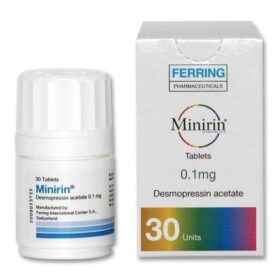 Minirin
Minirin









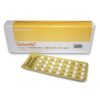
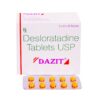
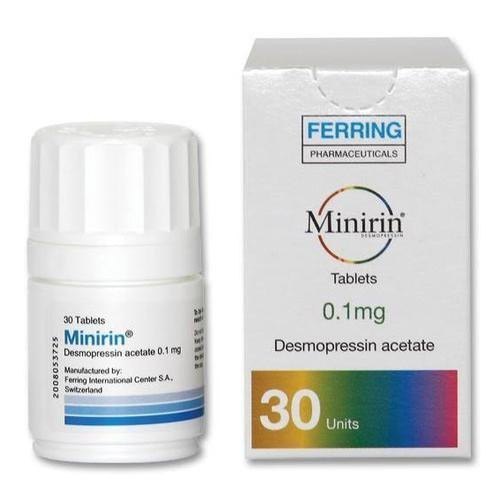
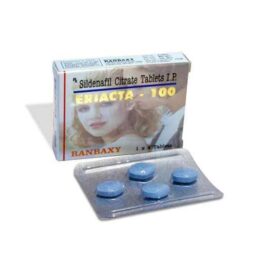

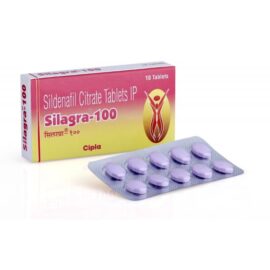
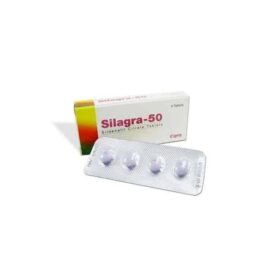
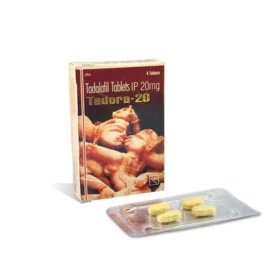
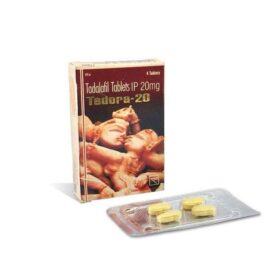
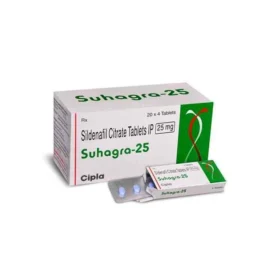
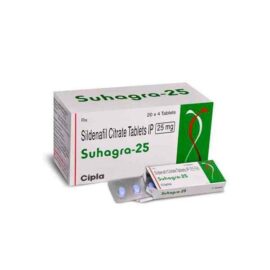
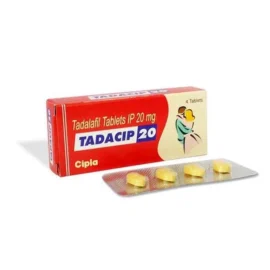
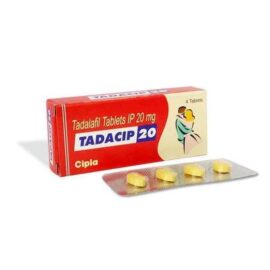
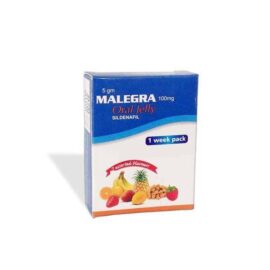
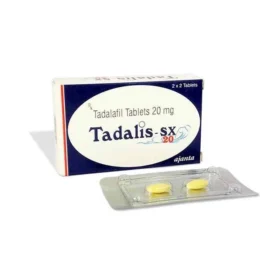
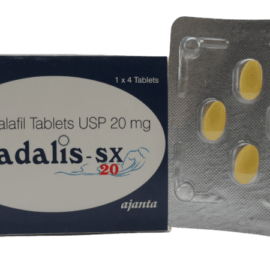
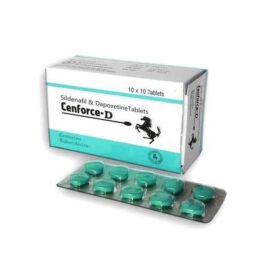
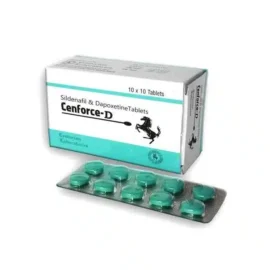
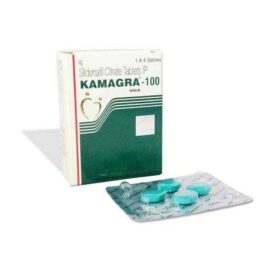
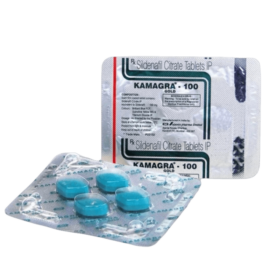
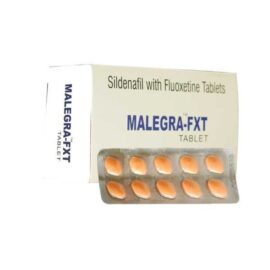
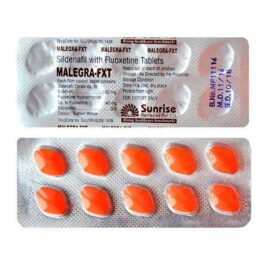
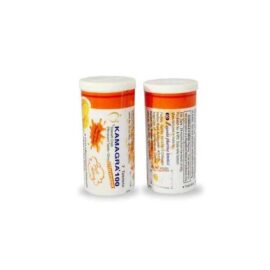
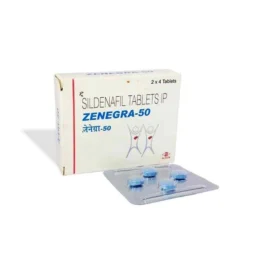
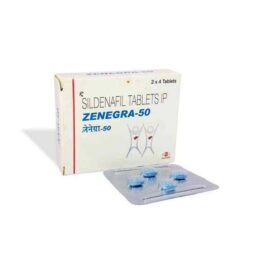
Reviews
There are no reviews yet